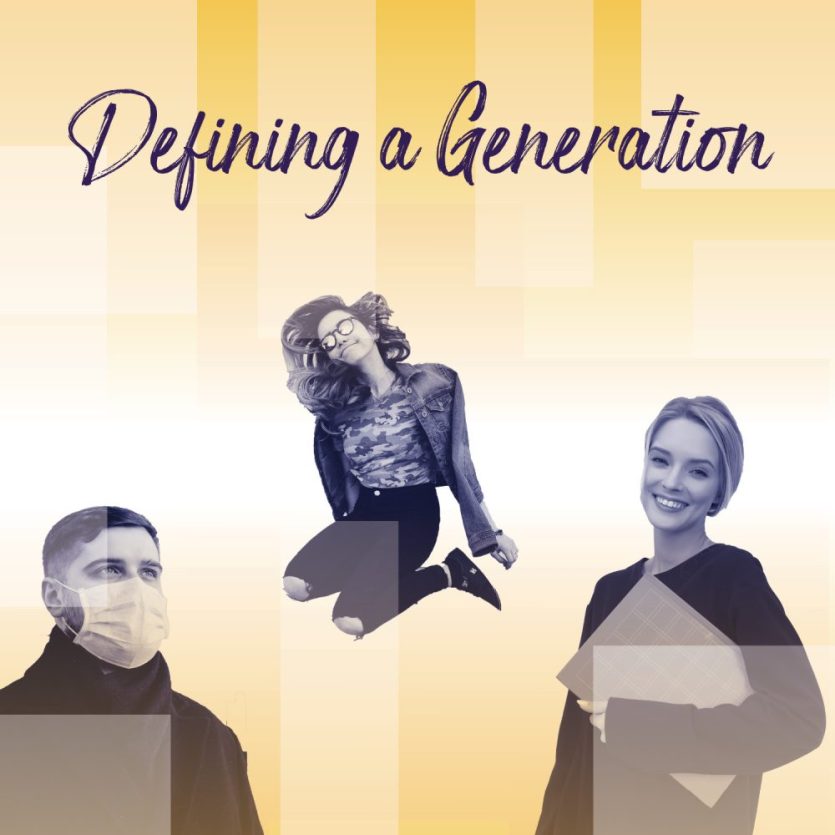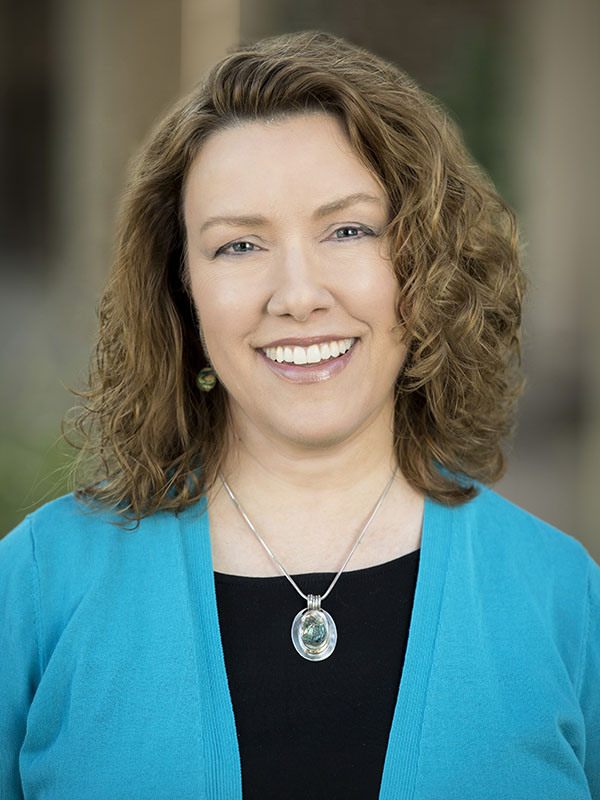Our experiences in 2020 will undeniably mark our students’ generation. Generation Z includes those born between 1997 and 2012, which includes the age range for the majority of our current student population at UNW. The global pandemic, not to mention civil unrest, economic crisis, cataclysmic natural disasters, and a contentious presidential election, will shape the character of Gen Z and the world inherited by the generations to follow.
Demographers use “period events” to help define a generation. Impactful historical and social phenomenon that stir uncertainty and fear, such as wars and recessions, are life-changing for the entire population, but affect some more than others. The Pew Research Center describes the intersection of The Period Effect with The Lifecycle Effect and The Cohort Effect, which mean that period events may disproportionately affect an entire life stage group. This is especially true for young adults. For example, the Greatest Generation came of age in the midst of WWII. Boomers’ transition to adulthood was more defined by the Vietnam War. Gen X are the last group to remember experiencing the end of the Cold War. It is no wonder that Gen Z, in the midst of their most transformative years, would find a global war with a virus to be a major life-defining event.
The world events that occur during the young adult years are foundational in our view of ourselves and the world. Consider the differences in perspectives between Millennials and our Gen Z students. One key period event for Millennials was the terrorist attacks on New York City on September 11, 2001. When that happened, they were at a pivotal age where they could recall the world prior to 9/11 as well as comprehend the massive cultural changes that happened as a result. That changed their lens on life. Our Gen Z’s are turning 8 to 23 years of age in 2020, which means they will have a similar experience as they grapple with pre- and post- 2020. The COVID-19 pandemic will change the way Gen Z sees their world, including their expectations of the future, the decisions they make, and the risks they are willing to take. Both the traumas and the transformations of 2020 will change who they become.
While it will take years to measure the long term impact, our pandemic experience is already shaping how Gen Z views the future. According to Michael Wood, president of the generational research firm 747 Insights, Gen Z’s in high school are worried about their post-graduation plans while Gen Z’s in college are centering concern on their job prospects. As a whole, Wood predicts Gen Z will become more financially risk-averse than previous generations and that the economic and cultural consequences of the pandemic will shift how they view education and work goals.
The pandemic will leave behind both scars and seeds of progress. It is hard to miss the fear and dread left in the wake of 2020. It is even harder to deliberately focus on the changes and new norms that will ultimately benefit our students’ generation. However, when we reflect on the positive cultural shifts we have already seen, we can find encouragement.
In our personal lives, we have rediscovered the benefits of slowing both our pace and our spending. Gardening and home cooking are in vogue. We have learned that affordable vacations, like camping and travel to regional sites, provide low-stress getaways. We have discovered that intimate weddings in the back yard don’t cost a small fortune and might be even more meaningful. We’ve spent more time outdoors in nature and we have returned to reading real books to balance our screen time.
In less than a year, the world outside our homes has also changed dramatically. In business, contactless payment and curbside pickup have become the norm. Hotels and airlines will see permanent shifts in health screening and cleaning routines that provide greater protections for all of us. Innovations in flexible learning modalities and technology creates momentum for instructors to build on synchronous, virtual learning options. We have relearned the immeasurable value of our front line service workers and rediscovered our esteem for educators who are now balancing a myriad of delivery methods and health protocols alongside their care for our students.
Our Gen Z students are watching. From all of these seismic shifts, our students will choose to keep the habits and practices they see as valuable for shaping a better life. The culture-wide adoption of virtual work, virtual education, and virtual professional and social events paves the way for more balanced work/life rhythms for their generation. Finding that kind of triumph in the tragedy is exactly God’s intention.
Parents and guardians, can we deliberately engage in a discussion with our students to help them process all that has happened in 2020 and the inevitable impact it has on their lives? Here are some suggested questions to talk through together:
- What have the challenges of 2020 made you learn to do that you are better at now than before? How do you feel about that?
- In this time of uncertainty, who have you learned to be to stay balanced and focused? What character qualities are being built in you?
- When you see the state of the world today, you get to choose how to respond. Who are you choosing to become because of what you are witnessing and experiencing? What do you hope others see in you?
The new babies born during this stretch in history are already being dubbed in the media as Gen C, Coronials, Quaranteens, and Baby Zoomers. They are the ones who will inherit the culture shifts that 2020 initiates and our Gen Z students choose to embrace. Let’s commit to do our part to encourage our Gen Z students to become Christ followers equipped to lead the way for those behind them on the path.


